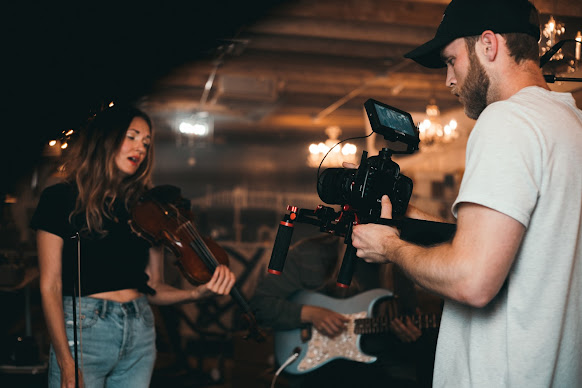Experienced songwriter Siobahn Hotaling holds a BA in creative writing from Skidmore College in Saratoga Springs in New York. Though her full-time job is manager of product design at Global Payments, Siobahn Hotaling enjoys songwriting as a hobby and has released two EPs and several singles. Siobahn has written songs in both the singer-songwriter tradition as well as composing instrumental ambient/techno music. Having obtained a master's degree in psychology from Harvard, she is also interested in the ways that music can affect us on an emotional level.
The music industry has grown to be a multi-billion-dollar industry, but music plays a role in other creative industries, such as filmmaking. Even though films are considered a visual medium of storytelling, music is an essential component of the storytelling process as it can have numerous effects on the audience and story.
Music is processed by the same parts of the human brain that are responsible for triggering and controlling emotions and memories. This makes music an effective tool for conveying a scene's message and creating an emotional connection between the audience and the characters. Filmmakers can tailor the music to the needs of a movie’s scene to elicit the appropriate response. For example, horror films use suspenseful-sounding music to elicit feelings of fear in the audience, whereas romantic films use love songs to convey the characters' emotions.
In addition, music aids in immersing the audience in the story. Filmmakers use sound to create a more authentic atmosphere of the time and place that their films are set. For example, audiences will readily associate the sound of bagpipes with the sprawling green fields of Scotland rather than the busy streets of New York City.



